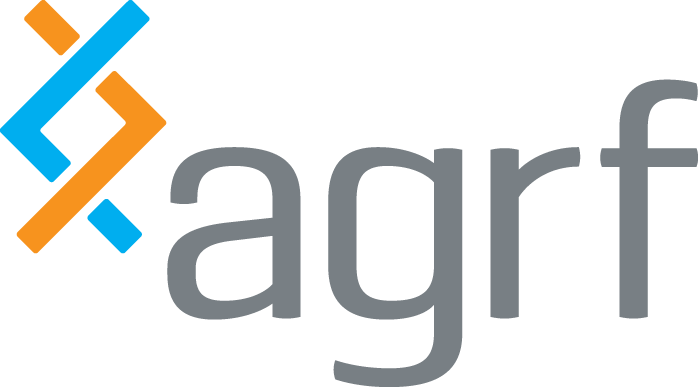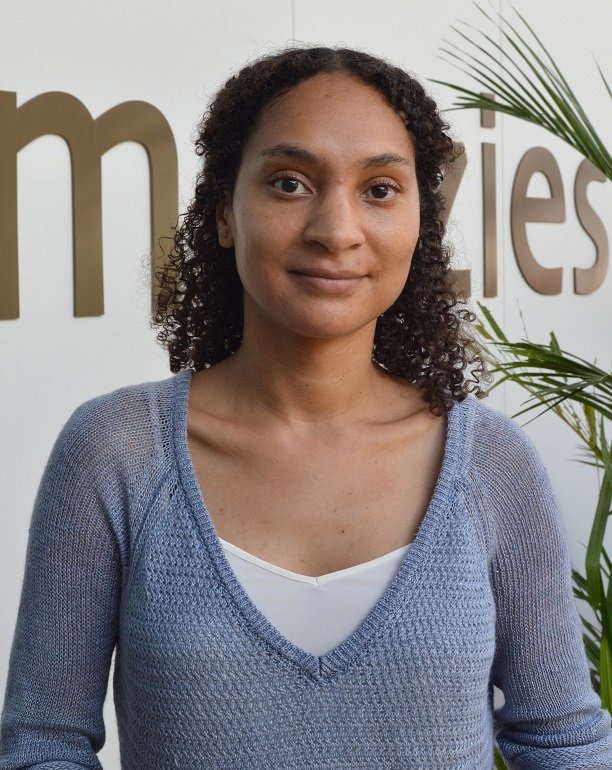Five Women in Science - Associate Professor Sarah Auburn
/International Day of Women in Science
I
International Day of Women in Science I
As part of International Day of Women in Science this year, we would like to highlight five women from five different states to share their experiences working in science.
Throughout the years, our team has worked with many remarkable Australian women in science, and this year we have interviewed five of them to find out what makes them tick. These women have been inspiring and motivating our team to push ourselves and strive for excellence in our own work. They have been role models for so many of us, and their stories are a testament to the power of perseverance and hard work. We are proud to feature their stories and celebrate their successes.
Meet the third Women in Science, Associate Professor Sarah Auburn.
Associate Professor Sarah Auburn from Menzies School of Health Research, NT
Associate Professor Sarah Auburn
Principle Investigator at Menzies School of Health Research
Associate Professor Sarah Auburn is a molecular biologist, whose passion is using genetics/genomics to learn about the biology and the epidemiology of pathogens and their hosts. A/Prof Auburn's current research program incorporates molecular biology, population genomics and software development to generate laboratory and analytical tools for molecular surveillance of P. vivax towards elimination of this species.
“I think that having more female role models and positively promoting female excellence in science will help to combat bias.”
What made you choose a career in science? Did you have any specific role models?
From an early age my parents fostered an interest in the natural world and how things work. I was particularly fascinated by natural selection and how a few simple concepts explained so many features in the biological world. At the same time, having grown up in Zambia, I had a deep appreciation of the health challenges facing people living in low and middle income countries, which spurred my passion to work in medical research. I was hugely inspired by the research of my late supervisor and mentor, Prof Dominic Kwiatkowski, which applied genetic approaches to explore the biology and epidemiology of malaria-causing parasites and their human and mosquito hosts.
What are you working on at the moment and how does AGRF support this work?
My current research program aims to use genetic information to accelerate the elimination Plasmodium vivax, one of the major causes of malaria in the Asia-Pacific, Latin America, and the horn of Africa. In the same way that genomic surveillance of SARS-COV-2 informed public health responses for COVID, genetic surveillance of P. vivax can help malaria control programs to make actionable decisions to rapidly contain emerging biological threats, target critical reservoirs of infection, and monitor the efficacy of new or ongoing interventions. The program is a major collaborative effort with researchers and policy makers from a range of malaria-endemic countries, epidemiology and modelling experts, and industry partnership with AGRF. AGRF has provided critical support in the development of a targeted, multiplex P. vivax genotyping assay designed to be implemented in malaria-endemic countries for high-throughput genetic surveillance. The assay uses a rhAmpSeq library preparation method and Illumina sequencing.
What do you hope to accomplish in the next five years of your career?
My goal for the next five years is to work with my partners in the Asia-Pacific and Africa to implement and optimise P. vivax genetic surveillance in the areas where it is most critically needed. In parallel to the public health goal, I aim to promote research capacity in malaria genetic epidemiology at partnering institutes through mentorship and training using the data generated in the program. Within this process of knowledge exchange, I'm excited to continue my own research development and to learn about the local malaria and health systems challenges from my endemic-country partners.
Is there any scientific field, outside of your own, that you believe needs more attention?
Although research is underway, I would love to see even more focus on climate sciences. We need it!
In your opinion, what changes are needed to attract more girls and women into science?
I think that having more female role models and positively promoting female excellence in science will help to combat bias. When I started out in my research career, there weren't many women in senior roles in my field but I'm happy to see this changing. Schemes such as the Georgina Sweet Awards for Women in Quantitative Biomedical Science established by Prof Leann Tilley can help to positively change how women are viewed.
Want to learn more about the services mentioned?
To get your Women of STEM tote bag, click the link above, cc your friend in the email, and once your friend submits samples for a project valued at $2,000 or greater, we will send the tote bag off to you!
AGRF have been implementing IDT’s targeted rhAmpSeq workflow, prepping NGS libraries for Illumina sequencing. This novel amplification strategy incorporates RNase H2 enzyme to activate rhAmp primers - enabling high specificity PCR formation and maximizing on-target sequencing. Samples from recent outbreaks in Vietnam and Laos are soon arriving in Adelaide for extraction, prep in Brisbane, and sequencing in Melbourne for end-to-end servicing.




